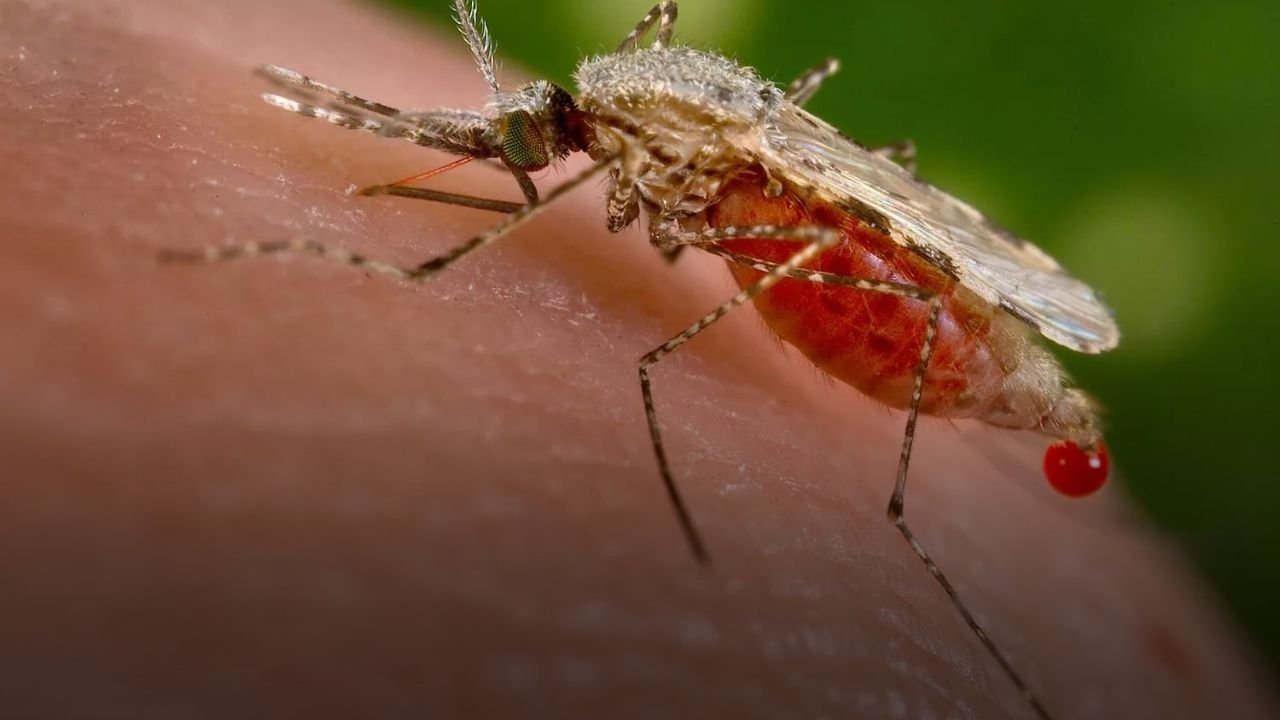CRISPR Gene Editing Breakthrough Could Eliminate Malaria by Targeting Mosquitoes
UNITED STATES — Scientists have unveiled a CRISPR-based gene-editing breakthrough that may dramatically reduce the spread of malaria by genetically modifying mosquitoes to prevent them from carrying the deadly parasite. The study, published this week in Nature, represents a major leap in infectious disease control — and it starts with a single amino acid change.
The research was led by scientists at UC San Diego and Johns Hopkins University, who successfully used CRISPR-Cas9 gene editing to modify the mosquito species Anopheles gambiae — the primary vector for malaria in sub-Saharan Africa.
Their work is featured in The Scientist, where the authors describe targeting a gene that makes mosquitoes susceptible to malaria infection. By tweaking just one amino acid, they effectively blocked the parasite’s development inside the insect, rendering it unable to infect humans.
A New Strategy in a Deadly Fight
The breakthrough comes as the world continues to grapple with the devastating toll of malaria. In 2023 alone, malaria infected an estimated 263 million people and caused nearly 600,000 deaths, with approximately 80% of fatalities occurring in children, according to the World Health Organization.
“This approach goes beyond prevention — it’s a genetic intervention that stops transmission at the source,” said UC San Diego’s Ethan Bier, one of the study’s senior authors, in an interview with 10News San Diego.
The team also published further analysis on Technology Networks, showing that the mutation does not negatively affect mosquito health or reproductive ability — making it viable for gene-drive applications.
How It Works: Editing a Single Gene
The scientists targeted the FREP1 gene, a known facilitator of parasite survival within the mosquito’s gut. By altering one amino acid, they disrupted the ability of Plasmodium falciparum — the malaria parasite — to survive and multiply.
The team then combined the mutation with a gene-drive system, which enables the trait to rapidly spread through mosquito populations. According to GEN News, this method allows the malaria-blocking trait to become dominant in the wild, potentially transforming entire populations into disease-resistant carriers.
Ethical and Ecological Considerations
While the research has been praised as a monumental step toward malaria eradication, it has also reignited debate over gene-drive technology. Concerns about ecological disruption, genetic resistance, and cross-border regulation remain unresolved.
As noted by Science.org, gene drives are controversial because they alter the genetic makeup of an entire species in the wild. Critics argue that unintended consequences could arise if altered genes spread beyond targeted regions or impact ecosystems in unforeseen ways.
Nonetheless, public health experts say the need for bold solutions is urgent. Malaria continues to cause economic hardship, school absenteeism, and millions of preventable deaths — especially in developing regions.
What Comes Next?
The research team is now working with regulatory authorities and international partners to conduct field trials in controlled environments. They also plan to explore if similar strategies could work on other mosquito-borne illnesses such as dengue, Zika, and yellow fever.
As described in UC San Diego Today, the goal is to develop safe, self-sustaining genetic tools that complement traditional malaria control methods, including bed nets, vaccines, and insecticides.
Would you support the release of genetically modified mosquitoes to stop malaria? Share your opinion and explore more science news at SaludaStandard-Sentinel.com.







